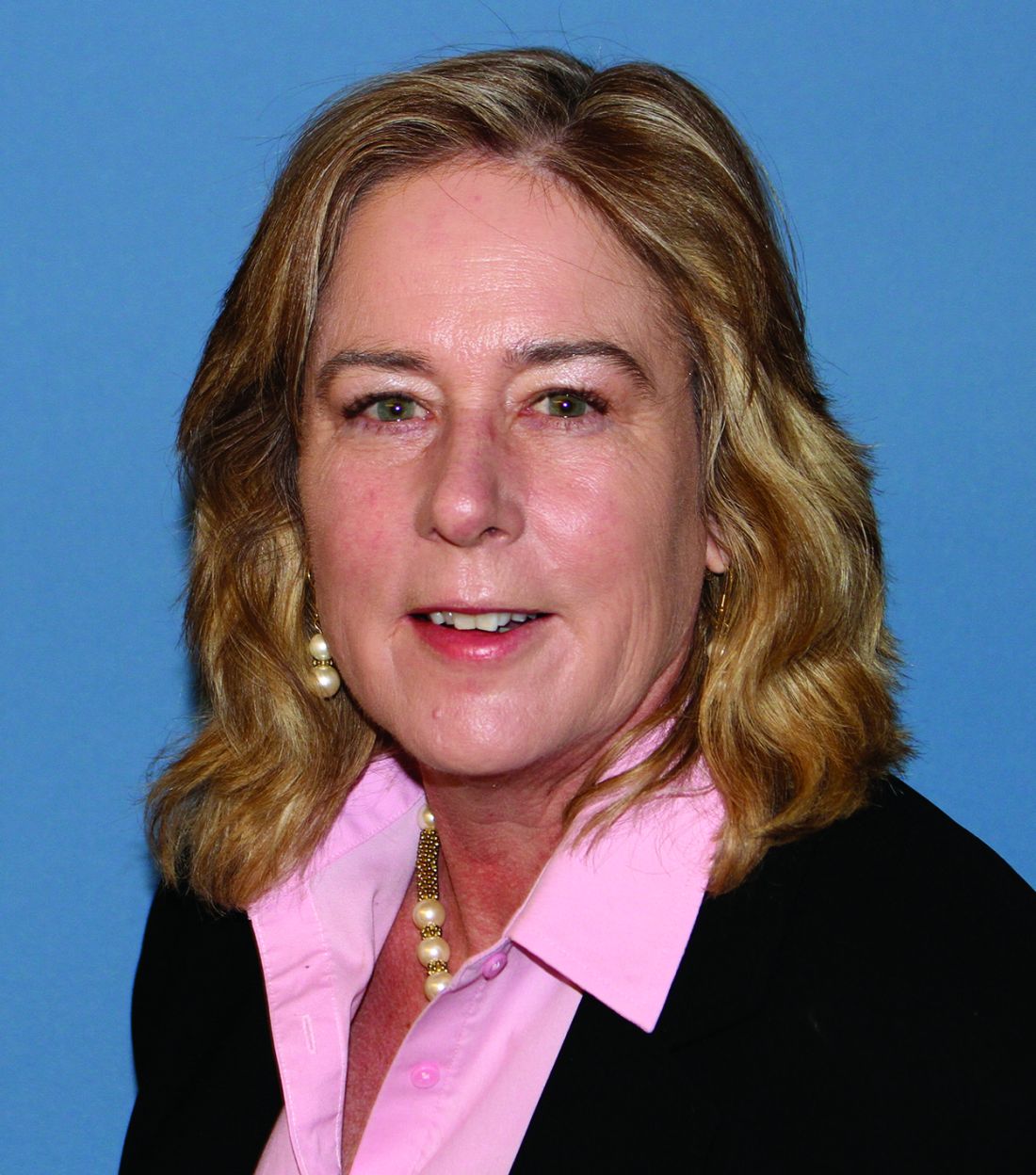User login
Like all of us, I was very troubled by the recent mass shooting in Thousand Oaks, Calif. This shooting was on top of the massacre at Pittsburgh’s Tree of Life synagogue, the shootings in a yoga studio ... the sickening list goes on and on.
As both a veteran and a psychiatrist with expertise in posttraumatic stress disorder, I was especially dismayed by the assumption that the Thousand Oaks shooter, who had served in the Marine Corps, had PTSD, and that the PTSD had led to the shooting.
The overall effect of these assumptions is to reinforce the stigma against veterans as “ticking time bombs.”
No question, there are plenty of other stereotypes to go around, especially those of Muslims as terrorists. In reality, as reports from the GAO and independent news sources show, most “terrorist” attacks in the United States have been carried out by right-wing extremists, mainly white, and born in this country.
Back to veterans. It is true that there have been several mass shootings by service members and veterans, including the massacre at Fort Hood, Tex., in 2009 by an Army major, the 2017 shooting up of a church in Texas by someone who had served in the Air Force, and this most recent one by a former Marine.
But there have been many other shootings and acts of political violence by numerous others, including those for whom “life is going down the toilet.” When you look at these situations, the driving factors are usually anger, irritability, and a sense of being wronged. Often, delusions and paranoia emerge.
It is true that there are many barriers to treatment for both veterans and nonveterans, including stigma, lack of insurance, and the dearth of mental health providers.
Those factors have nothing to do with being a veteran, who are normally very proud of both their country and their military service.
Let us celebrate those who have given so much to this country, America’s sons and daughters.
Dr. Ritchie is chief of psychiatry at MedStar Washington Hospital Center.
Like all of us, I was very troubled by the recent mass shooting in Thousand Oaks, Calif. This shooting was on top of the massacre at Pittsburgh’s Tree of Life synagogue, the shootings in a yoga studio ... the sickening list goes on and on.
As both a veteran and a psychiatrist with expertise in posttraumatic stress disorder, I was especially dismayed by the assumption that the Thousand Oaks shooter, who had served in the Marine Corps, had PTSD, and that the PTSD had led to the shooting.
The overall effect of these assumptions is to reinforce the stigma against veterans as “ticking time bombs.”
No question, there are plenty of other stereotypes to go around, especially those of Muslims as terrorists. In reality, as reports from the GAO and independent news sources show, most “terrorist” attacks in the United States have been carried out by right-wing extremists, mainly white, and born in this country.
Back to veterans. It is true that there have been several mass shootings by service members and veterans, including the massacre at Fort Hood, Tex., in 2009 by an Army major, the 2017 shooting up of a church in Texas by someone who had served in the Air Force, and this most recent one by a former Marine.
But there have been many other shootings and acts of political violence by numerous others, including those for whom “life is going down the toilet.” When you look at these situations, the driving factors are usually anger, irritability, and a sense of being wronged. Often, delusions and paranoia emerge.
It is true that there are many barriers to treatment for both veterans and nonveterans, including stigma, lack of insurance, and the dearth of mental health providers.
Those factors have nothing to do with being a veteran, who are normally very proud of both their country and their military service.
Let us celebrate those who have given so much to this country, America’s sons and daughters.
Dr. Ritchie is chief of psychiatry at MedStar Washington Hospital Center.
Like all of us, I was very troubled by the recent mass shooting in Thousand Oaks, Calif. This shooting was on top of the massacre at Pittsburgh’s Tree of Life synagogue, the shootings in a yoga studio ... the sickening list goes on and on.
As both a veteran and a psychiatrist with expertise in posttraumatic stress disorder, I was especially dismayed by the assumption that the Thousand Oaks shooter, who had served in the Marine Corps, had PTSD, and that the PTSD had led to the shooting.
The overall effect of these assumptions is to reinforce the stigma against veterans as “ticking time bombs.”
No question, there are plenty of other stereotypes to go around, especially those of Muslims as terrorists. In reality, as reports from the GAO and independent news sources show, most “terrorist” attacks in the United States have been carried out by right-wing extremists, mainly white, and born in this country.
Back to veterans. It is true that there have been several mass shootings by service members and veterans, including the massacre at Fort Hood, Tex., in 2009 by an Army major, the 2017 shooting up of a church in Texas by someone who had served in the Air Force, and this most recent one by a former Marine.
But there have been many other shootings and acts of political violence by numerous others, including those for whom “life is going down the toilet.” When you look at these situations, the driving factors are usually anger, irritability, and a sense of being wronged. Often, delusions and paranoia emerge.
It is true that there are many barriers to treatment for both veterans and nonveterans, including stigma, lack of insurance, and the dearth of mental health providers.
Those factors have nothing to do with being a veteran, who are normally very proud of both their country and their military service.
Let us celebrate those who have given so much to this country, America’s sons and daughters.
Dr. Ritchie is chief of psychiatry at MedStar Washington Hospital Center.

